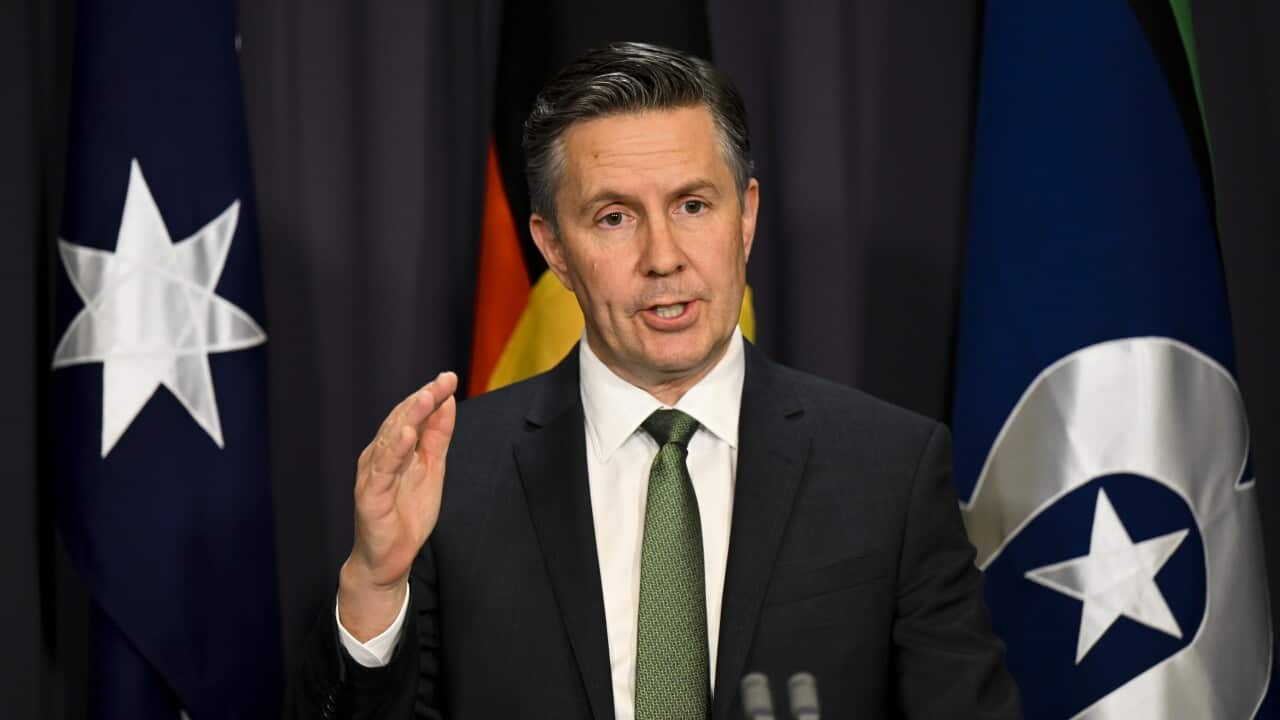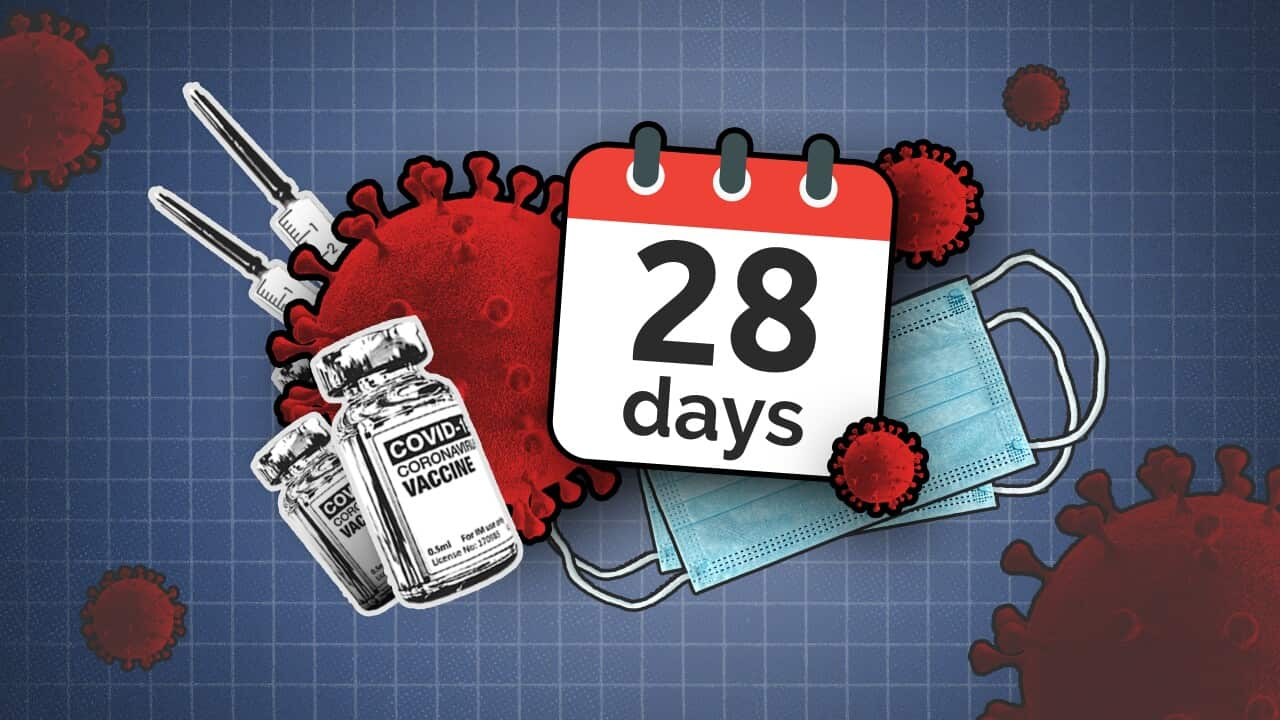Key Points
- Health Minister Mark Butler has defended the government's decision not to continue pandemic leave payments.
- More infectious sub-variants of the virus are driving case numbers across Australia.
Health Minister Mark Butler says the government is monitoring the rise of COVID-19 cases across the country closely, ahead of a snap national cabinet meeting next week.
State and territory leaders will meet with Prime Minister Anthony Albanese on Monday, as the government defends its decision to end the pandemic leave payments for workers needing to isolate due to catching the virus.
The $750 payments finished at the end of June, which Mr Butler said was necessary as the country moved into a new phase of managing the pandemic.
He defended the end of the payments as case numbers increase from new, more infectious sub-variants of COVID-19.
"This is the time it was intended to come off, this is the time it needs to come off ... we are looking to do everything we can to reduce incidents of severe illness," he told ABC Radio on Friday.
"As you move to a new phase that doesn't have the same level of mandates around people's behaviour ... inevitably you have to start looking at these very large emergency payments that have been coming out of the budget."
Mr Butler said there were a "range of points" where a decision to potentially revisit the idea of a pandemic leave payment would come about.
The health minister said it was a tough decision to end the payments as a third wave of the Omicron variant was spreading.
"There's no end to the list of worthy, important things we could be spending the money on in the health portfolio, but there is an end to the money," he said.
"The Australian community understands, and indeed wants, the country to move to a new phase in confronting this pandemic."
Mr Albanese said the payments would not return due to budget pressures.
He said many employees would already be receiving payments from their workplace should they be forced to isolate.
"The idea no one is getting sick leave at the moment is not the case," Mr Albanese told reporters on Friday.
"Good employers are recognising people are continuing to work from home while they have COVID and receiving payments through that.
"The (pandemic leave) payments were put in place by the former government with an end date, a decision they made at the time."
While the government has laid the blame on the coalition for the decision to end the payments on 30 June, opposition health spokeswoman Anne Ruston said clarity was needed on why the pandemic leave measures weren't extended during the height of new infections.
"I would like the government to advise Australians of what was the basis why they thought it was a good idea now to remove these particular supports at the same time they're telling Australians we're about to be hit by another very serious wave of the virus," she told ABC Radio.
Tasmanian Premier Jeremy Rockcliff and NSW Opposition Leader Chris Minns have called for an extension to pandemic leave payments.
Queensland Premier Annastacia Palaszczuk on Thursday said she was keen to discuss with her counterparts the pressure on the healthcare system from rising cases and hospitalisations.
Ms Palaszczuk said leaders need to determine how people taking time off work while sick with new virus sub-variants could be supported.
Existing financial supports from state governments may not be enough for some people, she said.
"We are seeing some people being hit harder, so that means that they are off work for longer than the seven days (of isolation)," Ms Palaszczuk told the Seven Network on Thursday.
"We need to look at those particular examples."
Tasmanian Premier Jeremy Rockcliff and NSW Opposition Leader Chris Minns have called for an extension to pandemic leave payments.
Federal Labor MP Mike Freelander broke ranks on Thursday, urging the prime minister to extend the support measures.
"Anything we can do to slow the spread of the virus is very important," Dr Freelander told The Australian newspaper.
"I'd like Anthony Albanese, when he gets back from the Pacific Island conference, to reconsider."
More than 47,000 cases and 78 deaths were recorded in Australia on Thursday with 4,512 people in hospital.












